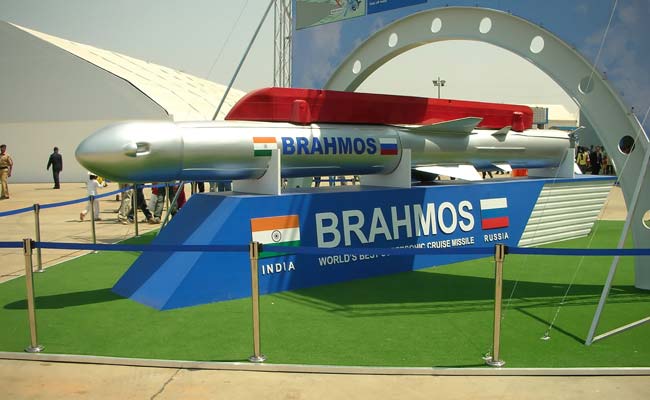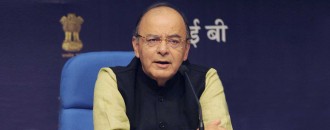
Defence Ministry moots indigenization, reduction in import bill
Sai Nikesh | The Dollar Business
“Need of the hour is to throw light on the public sector in defence production and procurement, in addition to the private sector,” said Union Defence Minister Manohar Parrikar. Speaking at a Consultative Committee meeting, Parrikar said that his ministry will soon bring major changes in the Defence Procurement Procedure and the Defence Production Policy, by providing greater autonomy to the Defence Public Sector Undertakings (DPSUs) and Ordnance Factory Board (OFB) units for their expansion and diversification. Addressing the members who felt that DPSUs are facing denigration, Parrikar said that there is a great need to delegate enough powers to DPSUs in decision making to encourage them improve the serviceability of the platforms available to the Armed Forces. The Minister further said that the DPSUs will be given full support, provided, they should think like a commercial organisation. While the Minister said that sector needs further improvement referring to Make in India Procedure in Defence, the members felt that the private sector can be promoted in a bigger way, but not at the cost of public sector. The members in the discussion further exuded that contribution of the DPSUs has to be appreciated in view of longer duration for design and development of the defence products, unlike consumer products. Taking part in the discussion, the Parliamentarians wanted to know whether the Ministry had drawn a clear road map over the reduction of imports. Here, it is noteworthy to mention that the Defence Minister on January 11, 2015, stated that “A huge import bill has undesirable consequences for the economy, development, unemployment and for strategic reasons too, the country should not be dependent on defence imports.” The Minister made the above statements, while objecting to the $20 billion Defence Import Bill put forth by the Centre under Make in India policy. According to the reports, India’s defence manufacturing sector remained closed for several years post liberalisation reforms in the nineties. However, to improve self-reliance, the government opened the defence industry sector up to 100% for Indian private sector participation in May 2001 and allowed FDI up to 26%. According to Stockholm International Peace Research Institute, India is the world’s biggest arms importer with imports of major weapons increasing by over 110% between 2004-08 and 2009-13. In 2014, the government allowed more FDI in the defence sector up to 49% through FIPB route and above 49% through Cabinet Committee on Security. In this background, a strong demand for indigenization of the defence sector has been reverberating from all directions and the Ministry of Defence thinking to take this ahead will definitely reduce defence imports and boost the domestic production.
This article was published on January 31, 2015.






 to success.
to success.